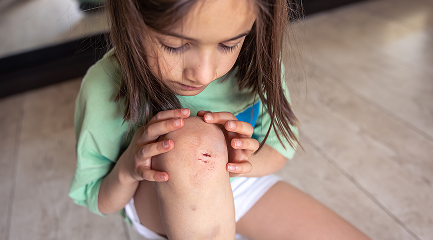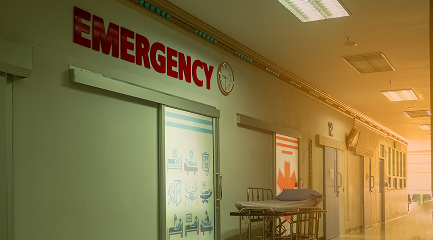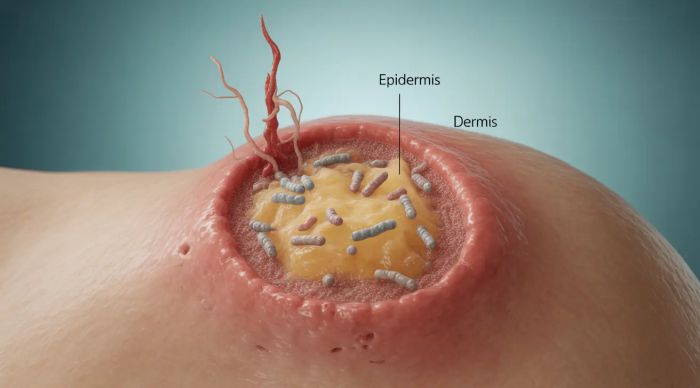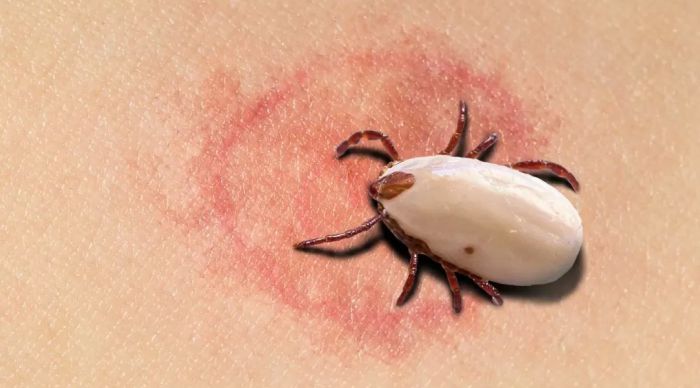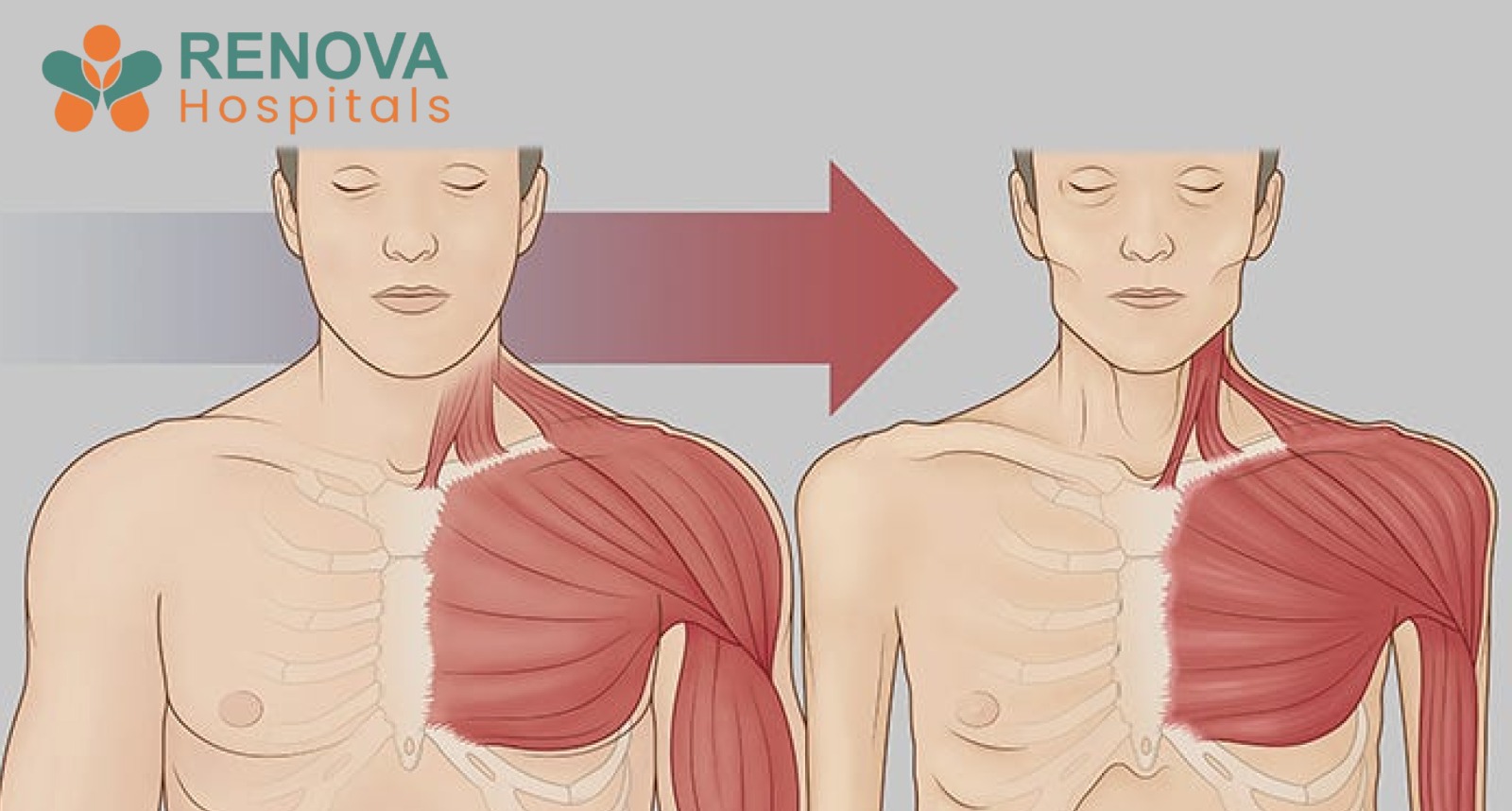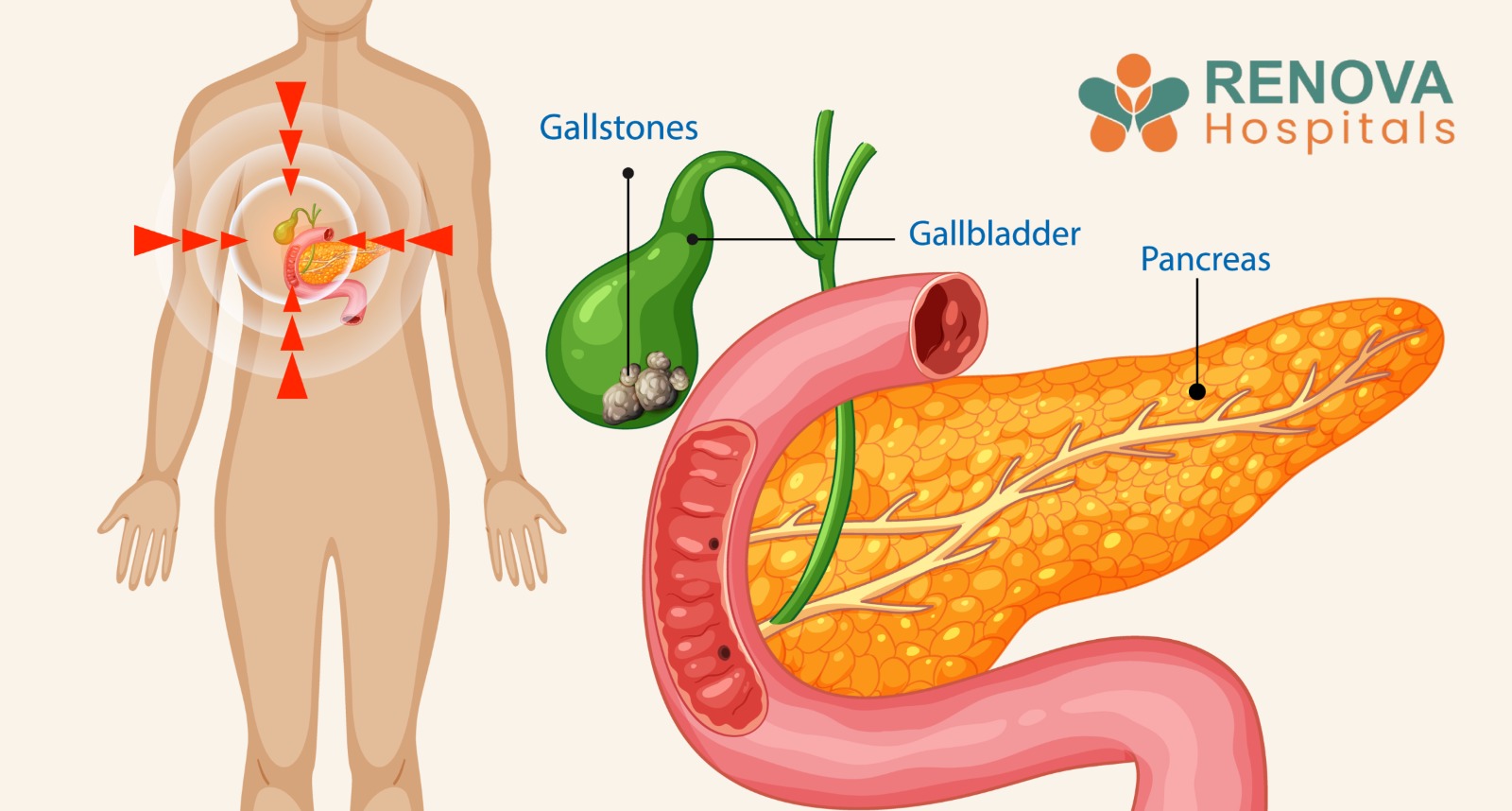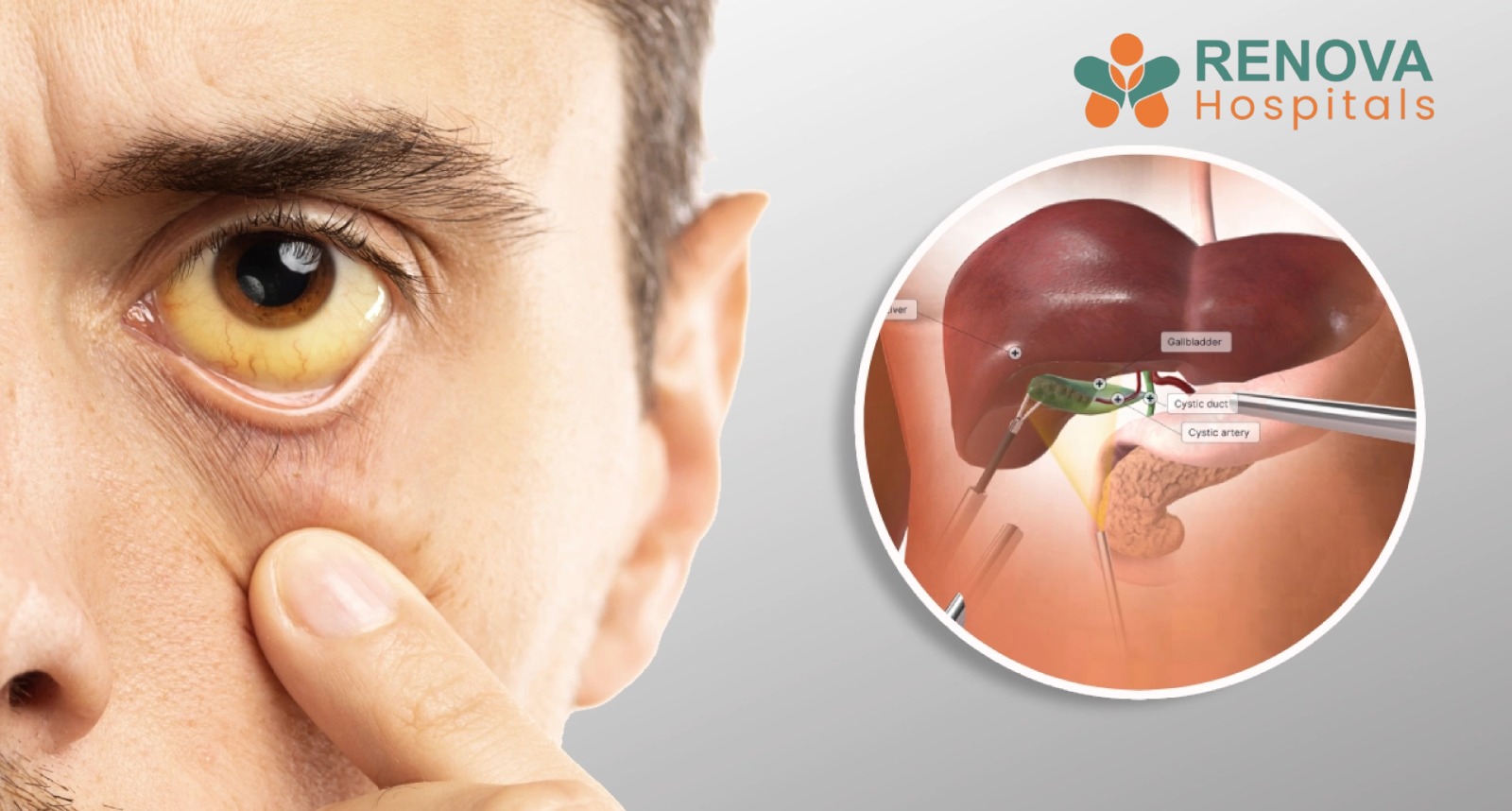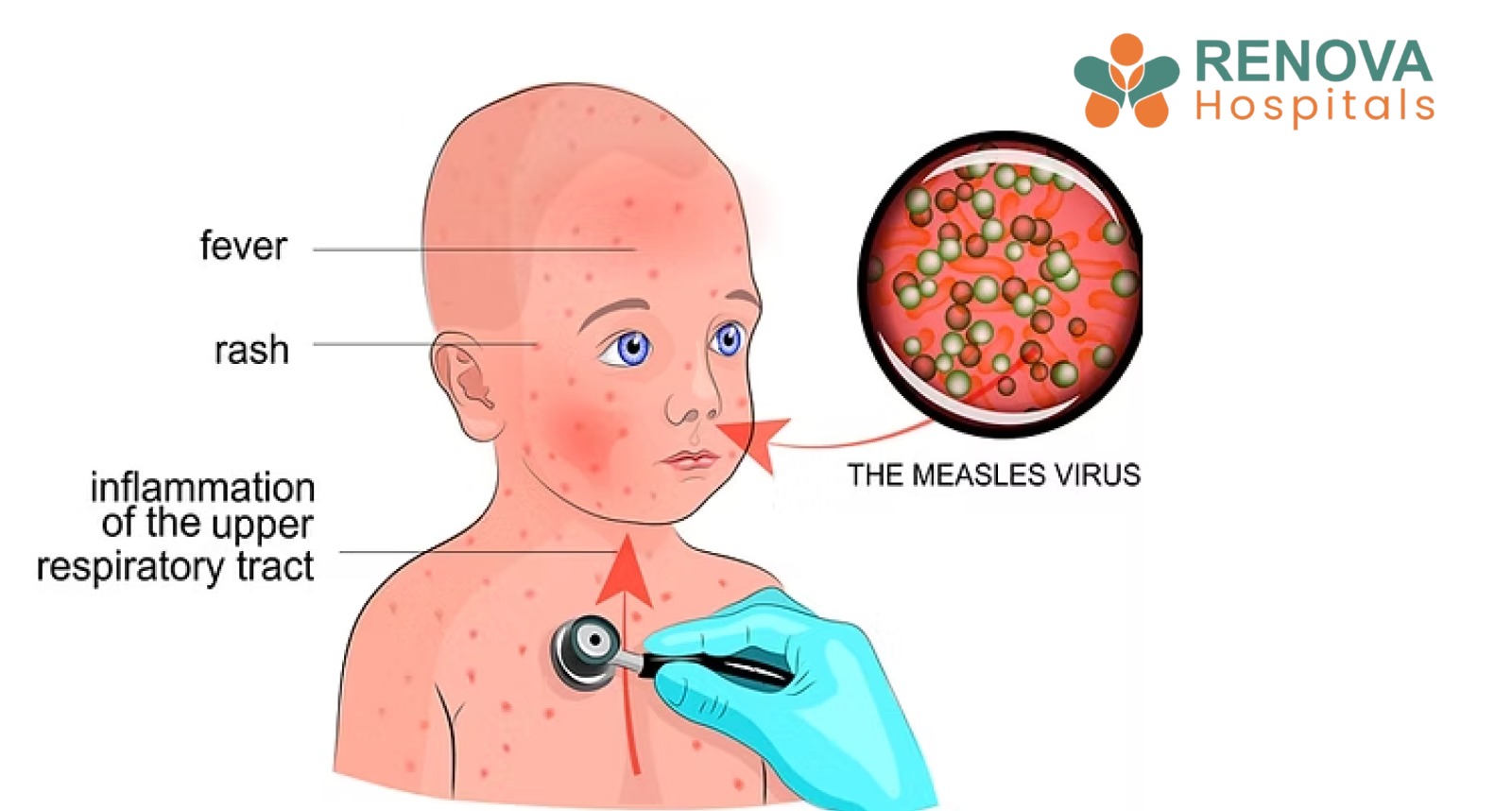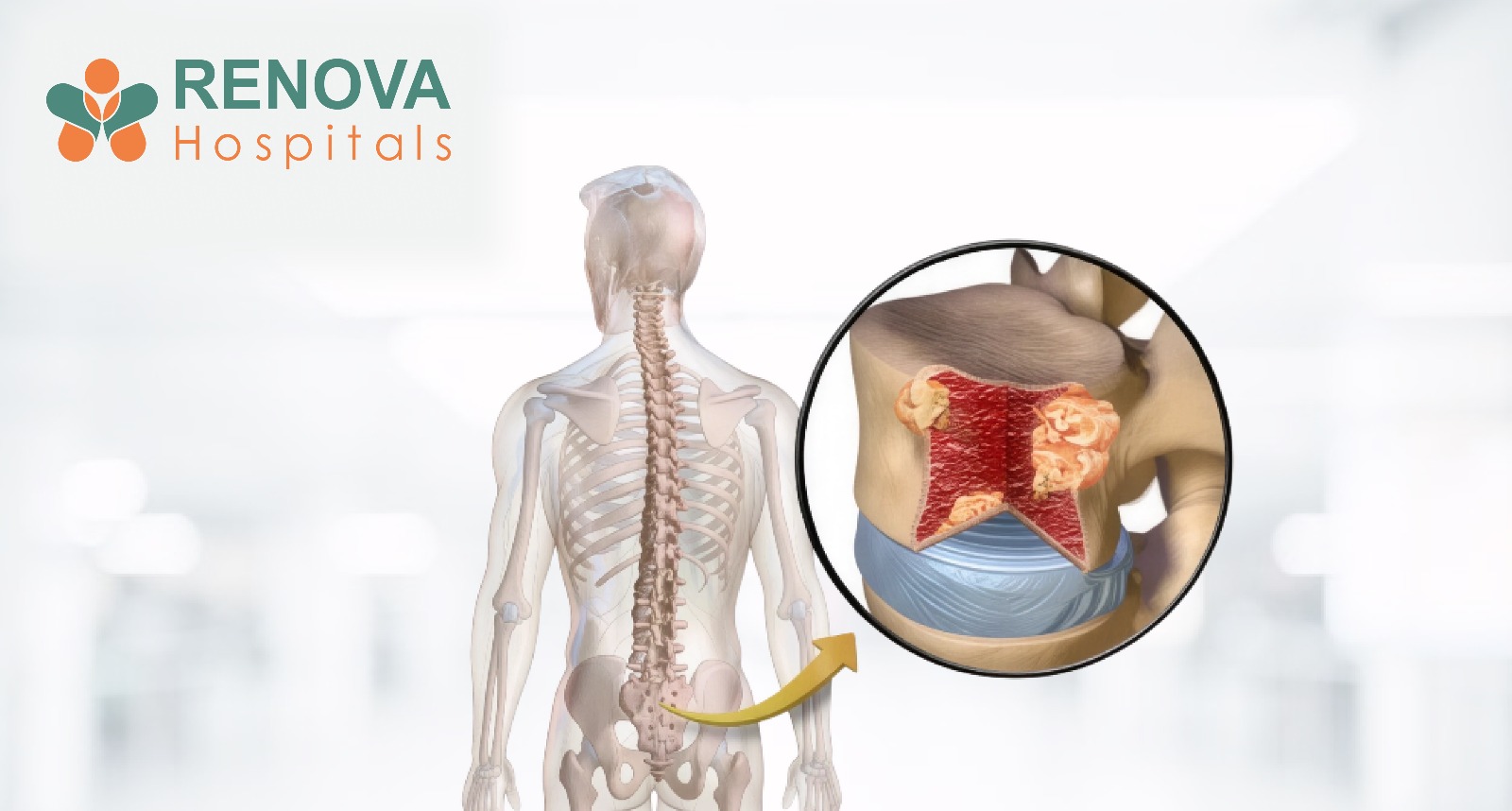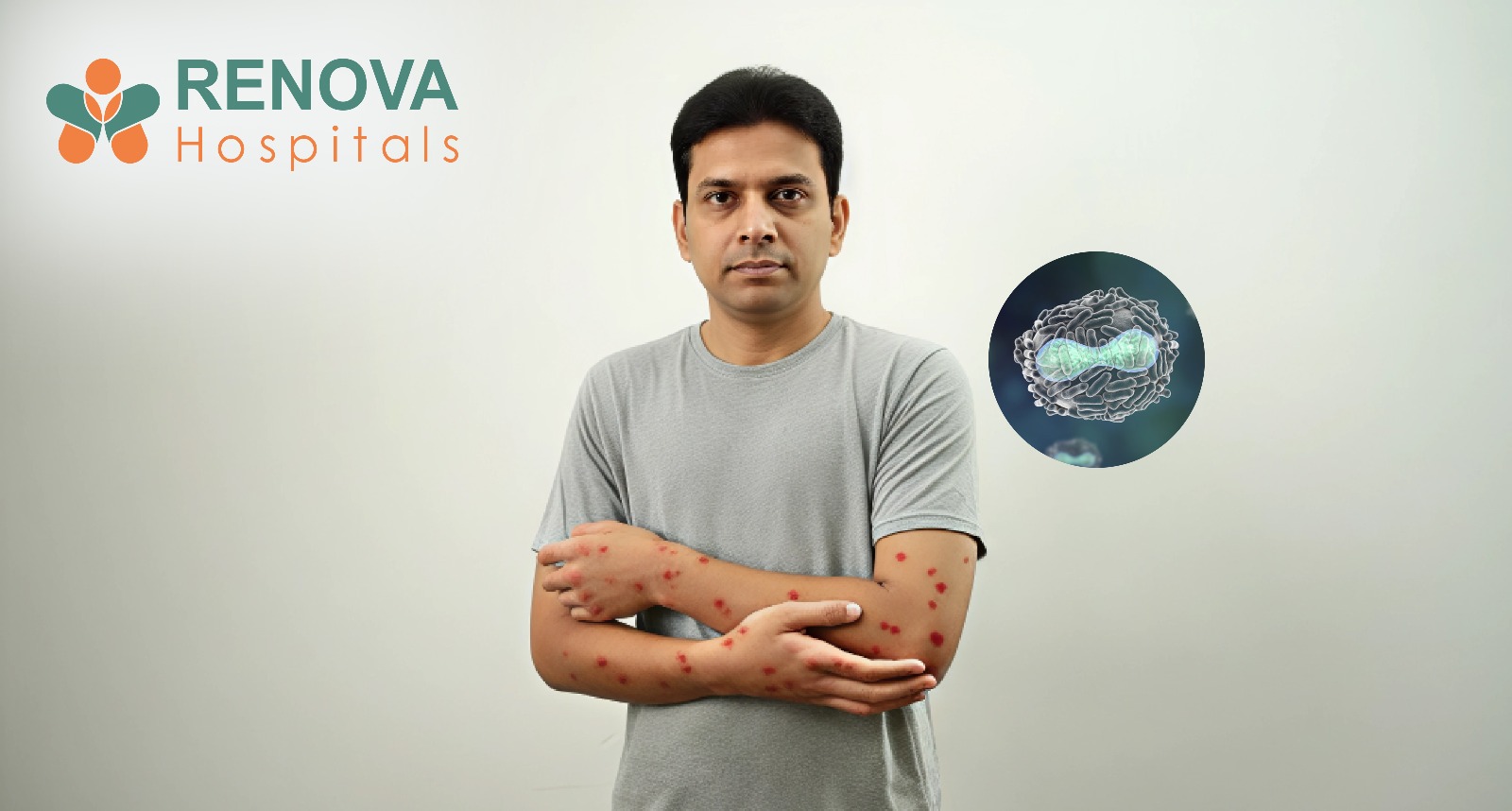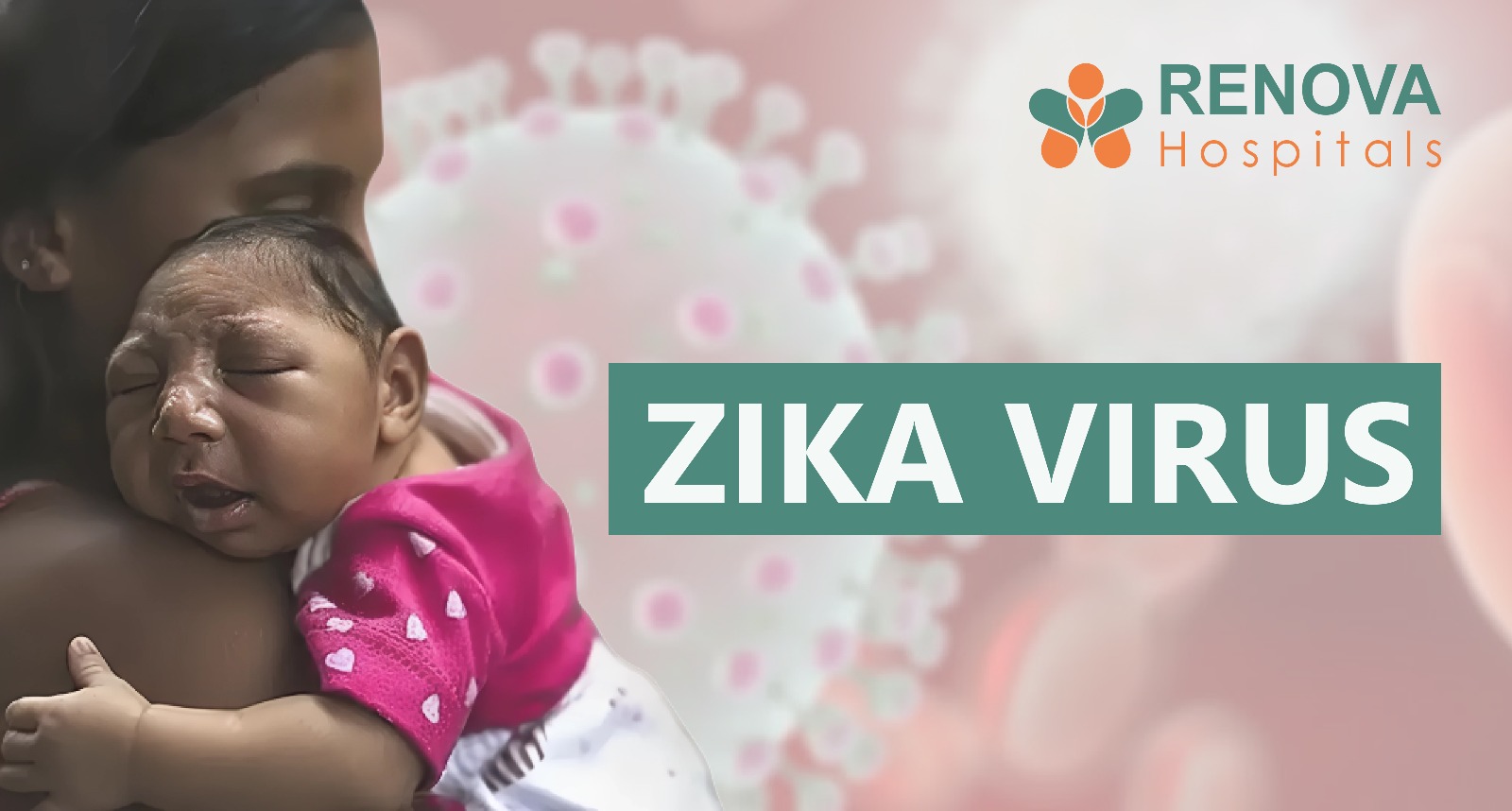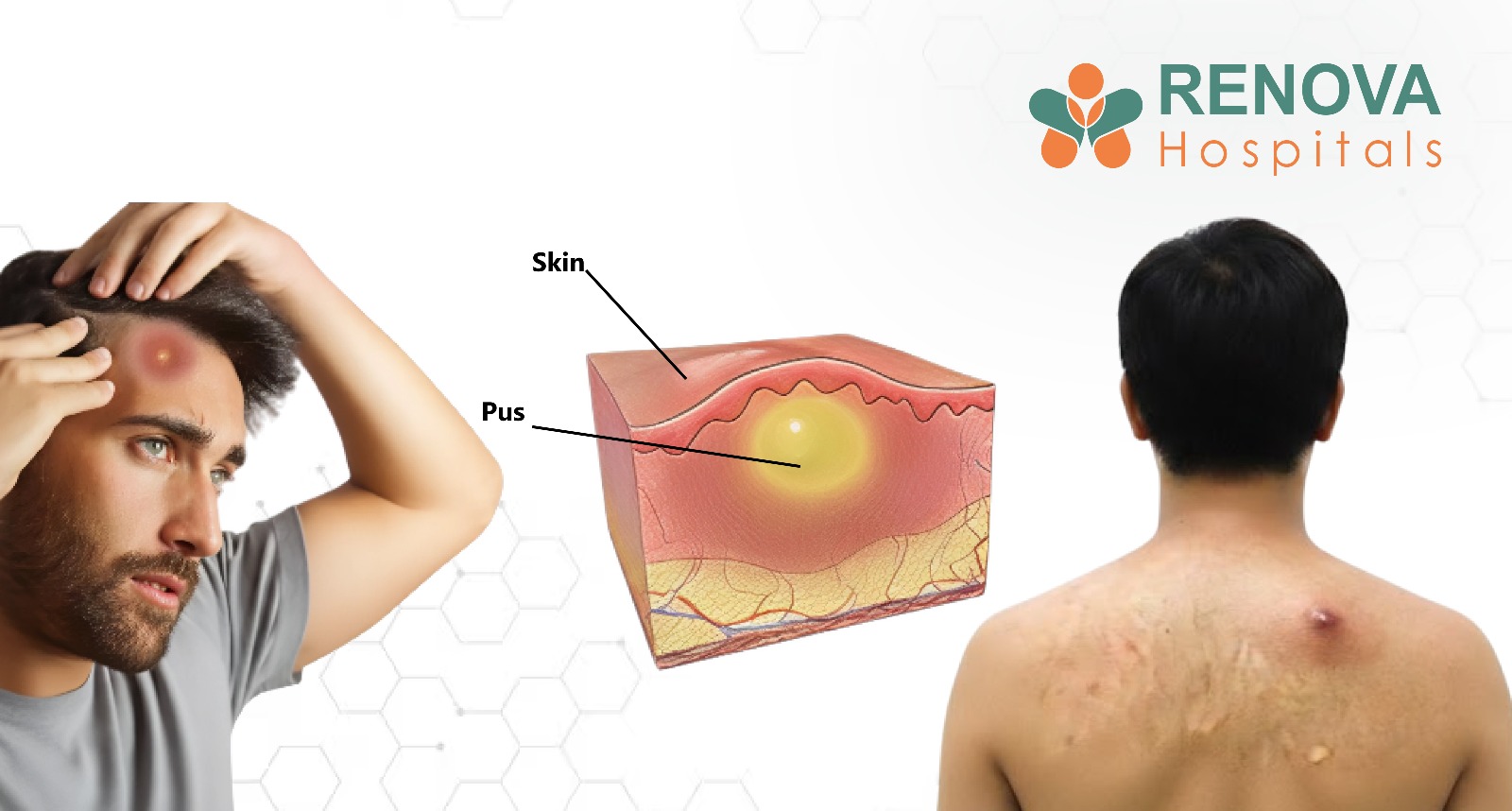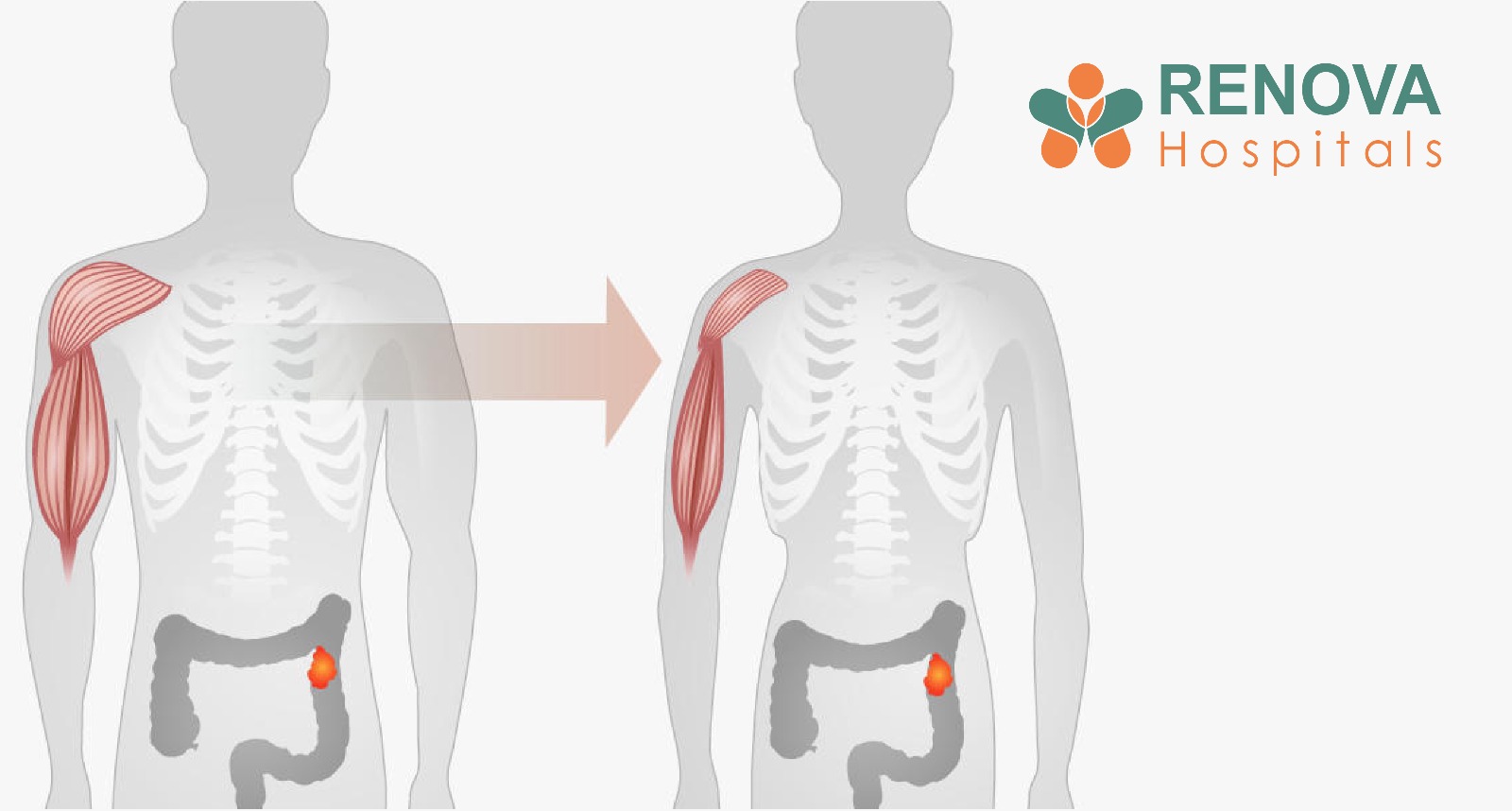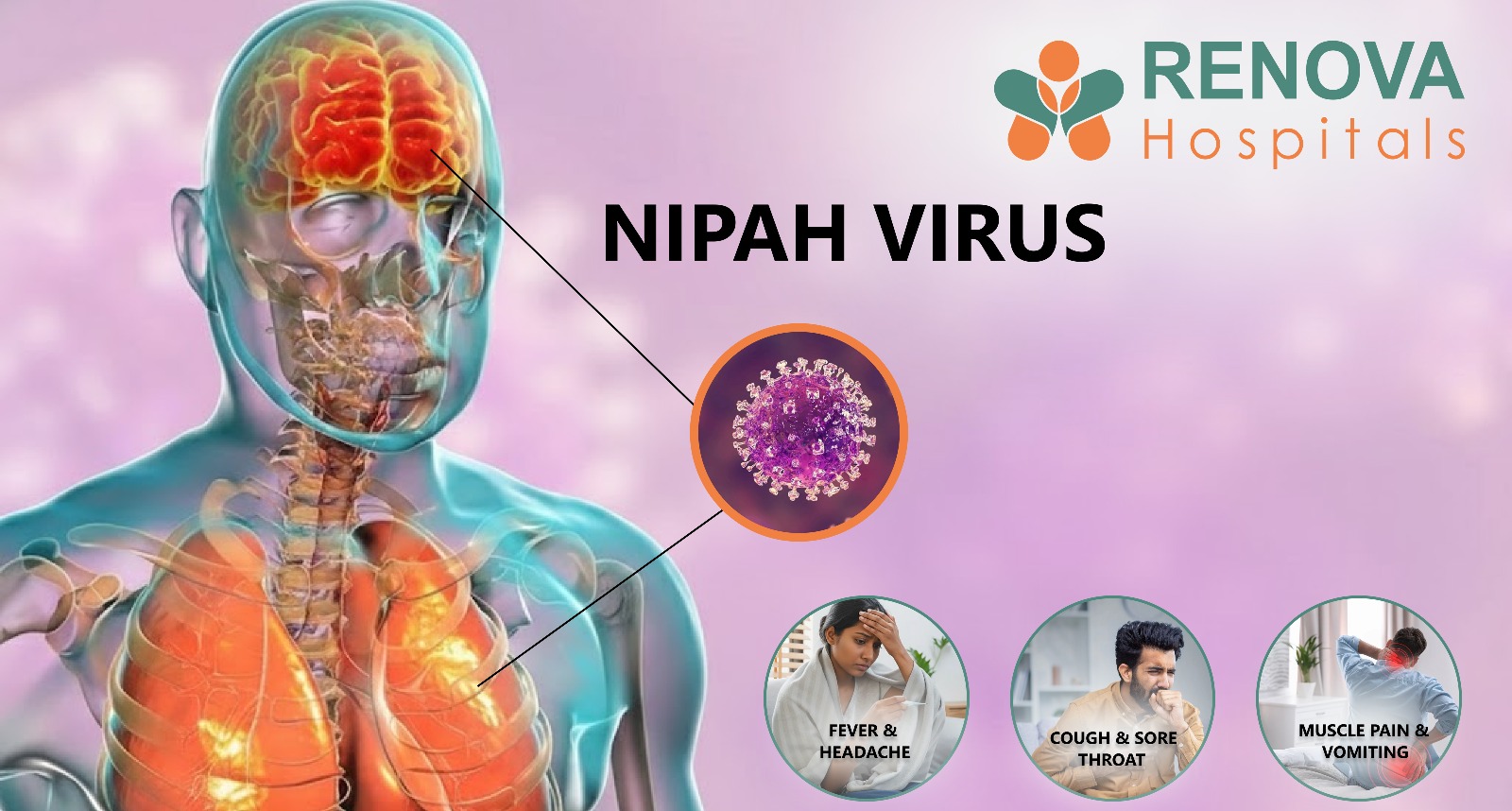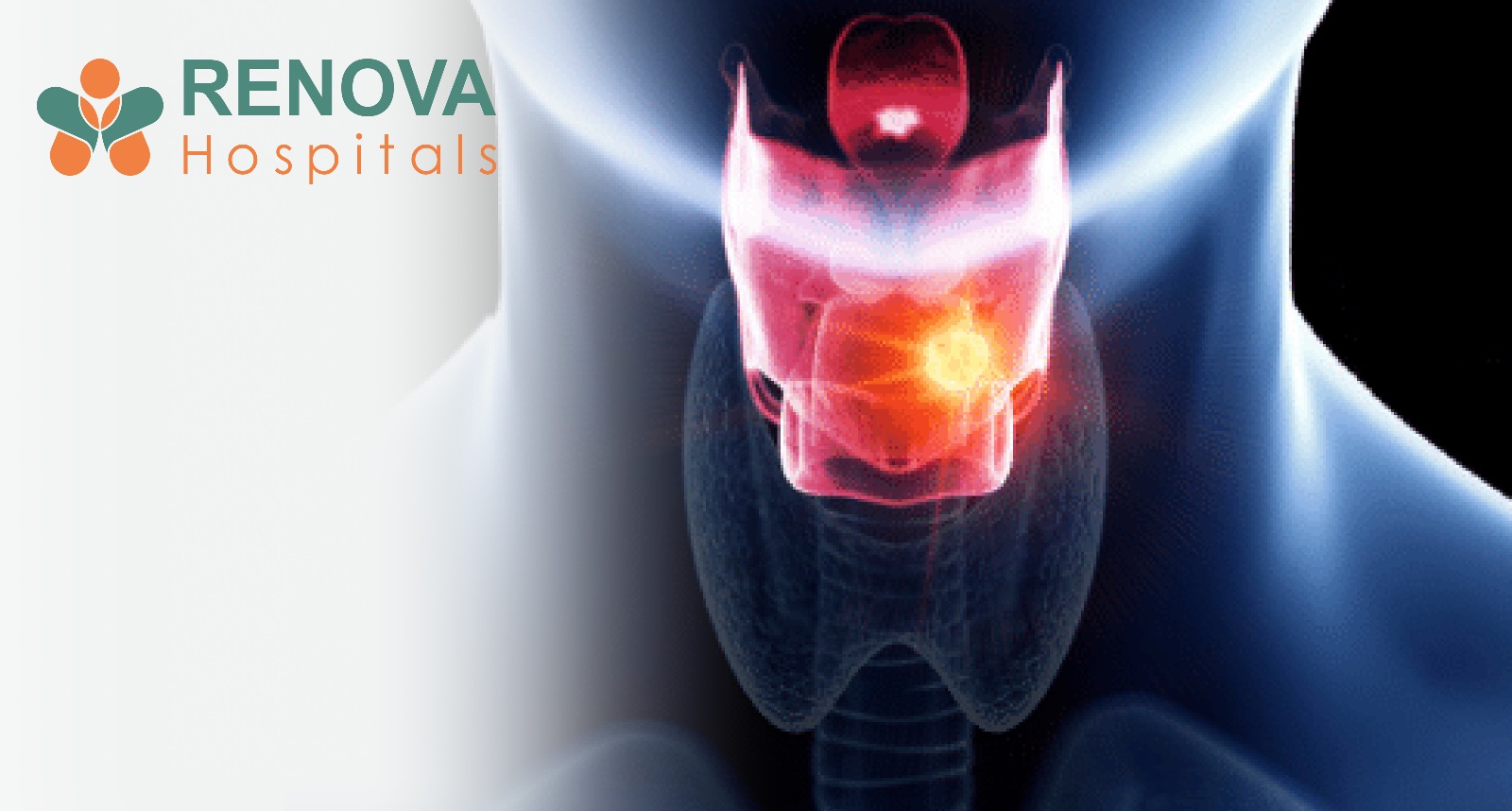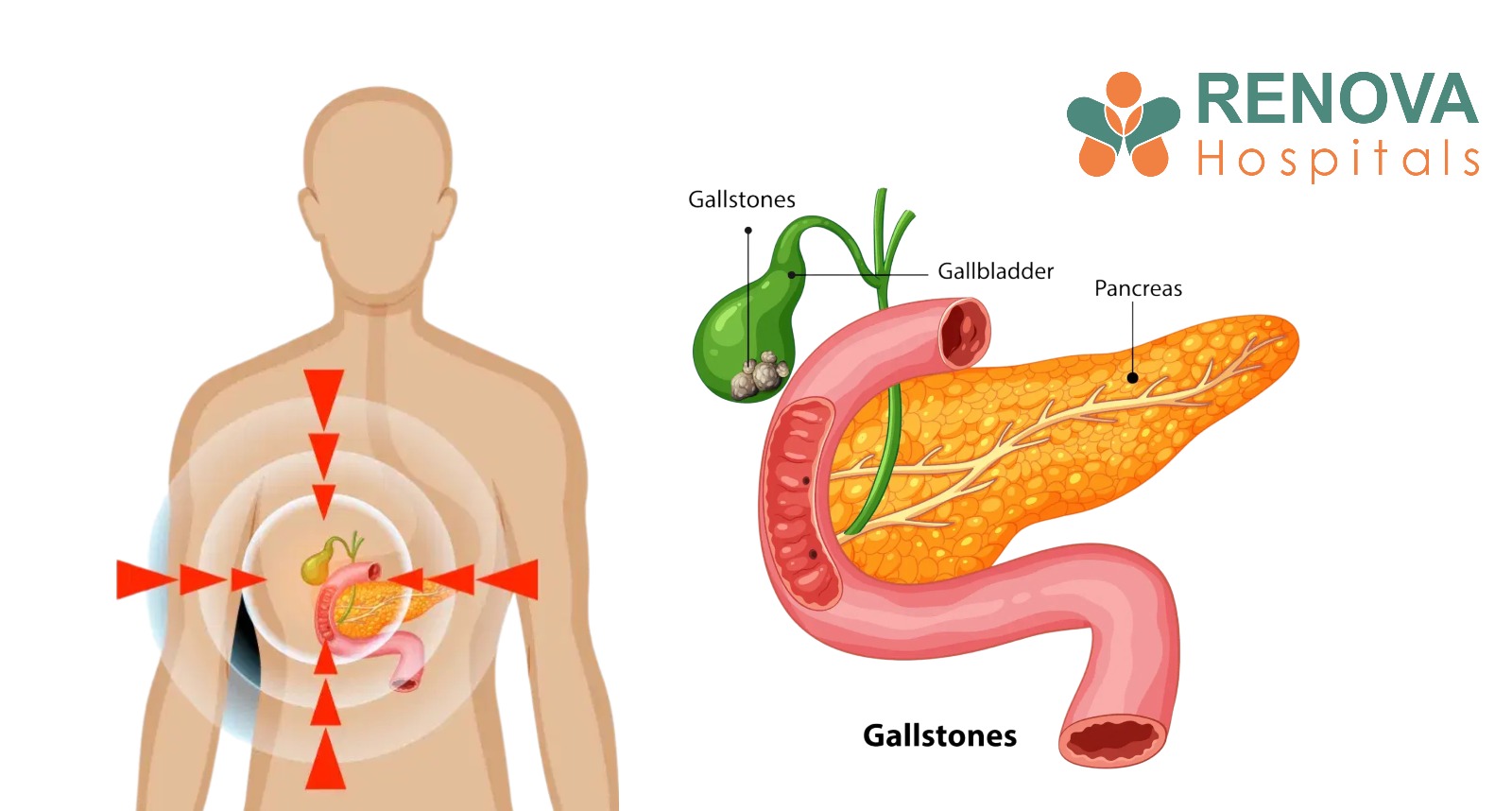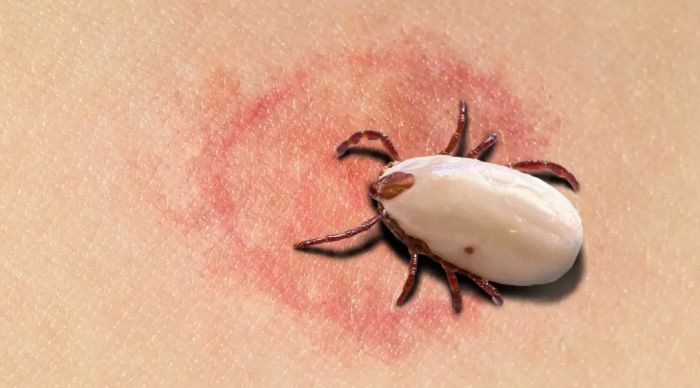
By Renova Hosptials
November 03, 2025
Babesiosis: Causes, Symptoms, and Safe Treatment at Renova Hospitals Hyderabad
At Renova Hospitals, our NABH-accredited Infectious Disease, Haematology, and Critical Care departments offer comprehensive care for babesiosis and similar vector-borne infections. We combine molecular diagnostics, advanced imaging, and evidence-based therapy to ensure every patient receives precise and safe treatment.
Understanding Babesiosis and the Babesia Parasite
Babesiosis occurs when a person is infected by babesia, a genus of microscopic protozoa that live within red blood cells (RBCs). The most common species infecting humans is Babesia microti, though others, such as Babesia divergens and Babesia duncani, are found in different regions.
When an infected tick parasite bites a person, the babesia parasite enters the bloodstream and begins multiplying within RBCs. The destruction of these cells releases toxins that cause fever, weakness, and anaemia. Because of its involvement of blood cells, babesiosis is often called “malaria-like” or “malaria of the temperate zone.”
While many people experience mild illness, severe infection can lead to hemolytic anaemia, jaundice, kidney failure, and even death in those with low immunity.
How the Tick Parasite and Babesia Vector Transmit Infection
The disease is primarily transmitted through the bite of infected Ixodes ticks, the same species that spreads Lyme disease and anaplasmosis. These ticks feed on deer, cattle, dogs, and rodents that serve as reservoirs for the babesia parasite. Humans are accidental hosts.
Transmission routes include:
Tick bites: Most common; the babesia vector transmits the parasite after being attached to the skin for 36–48 hours.
Blood transfusions: The parasite can survive in stored blood; recipients may develop transfusion-transmitted babesiosis.
Congenital transmission: In rare cases, infected mothers can pass the parasite to their unborn babies.
Renova Hospitals Hyderabad advises special caution for people living near wooded or grassy areas, farmers, forest workers, and travellers returning from tick-dense zones.
Babesia Symptoms: Early and Advanced Warning Signs
Babesia symptoms can range from asymptomatic to severe, depending on immune status and parasite load. Many healthy individuals recover spontaneously, but others, especially the elderly or immunocompromised, develop severe illness.
Early Babesia Symptoms
- High fever and chills – due to red cell destruction and inflammatory response.
- Fatigue and malaise – low oxygen delivery from RBC loss causes weakness.
- Headache and muscle aches – systemic inflammation mimics viral flu.
- Loss of appetite and nausea.
- Dark-colored urine – from haemoglobin released by ruptured red cells.
Progressive or Severe Symptoms
- Jaundice and pale skin – typical of hemolytic anaemia.
- Shortness of breath or a rapid heartbeat – the heart compensates for low oxygen levels.
- Dizziness or fainting – due to reduced blood flow.
- Enlarged liver or spleen – from excessive blood cell breakdown.
- Night sweats and persistent fever despite antibiotics.
In advanced cases, babesiosis can imitate chronic conditions like hookworm and anaemia, but differs in its sudden onset and potential organ involvement.
Babesia Vector Distribution and Risk Factors in India
The babesia vector, a small black-legged tick parasite, thrives in warm, humid environments. Rising temperatures, deforestation, and expanding agricultural activity have increased its prevalence in:
- Northern India: Himachal Pradesh, Uttarakhand, Jammu & Kashmir
- North-Eastern states: Meghalaya, Arunachal Pradesh, Nagaland
- Southern hills: Ooty, Coorg, and forest belts around Telangana
Major Risk Factors
- Outdoor occupations (farmers, trekkers, forest officers).
- Exposure to domestic animals or wildlife.
- Compromised immunity (HIV, cancer, diabetes).
- People without a spleen (splenectomy).
- Blood transfusion recipients.
- Elderly adults with chronic illnesses.
Renova Hospitals preventive medicine unit conducts seasonal tick-borne awareness drives across Telangana to educate rural and semi-urban populations.
Pathophysiology: How Babesia Destroys Blood Cells
Once inside the bloodstream, babesia parasites attach to red blood cells and replicate. When mature, they burst the cells, releasing more parasites into circulation. This process, hemolysis, causes:
- Oxygen deprivation to tissues → fatigue and shortness of breath.
- Bilirubin build-up → jaundice and dark urine.
- Anaemia → weakness and dizziness.
The immune system responds by releasing inflammatory cytokines, which can cause fever, chills, and muscle pain. In severe cases, damaged cells can clog small blood vessels, leading to kidney and liver dysfunction.
Diagnosis of Babesiosis at Renova Hospitals, Hyderabad
Prompt and accurate diagnosis is critical because babesiosis resembles malaria and other febrile illnesses.
Clinical Evaluation
Doctors begin with a detailed history, recent travel, animal contact, outdoor exposure, or blood transfusion, followed by a physical examination for fever, jaundice, or splenomegaly.
Laboratory and Imaging Tests
- Peripheral Blood Smear: Confirms the presence of babesia parasites inside RBCs.
- PCR (Polymerase Chain Reaction): Detects parasite DNA; extremely sensitive for early detection.
- Serological Testing (IFA or ELISA): Measures antibodies specific to Babesia.
- Complete Blood Count (CBC): Shows anaemia and low hematocrit.
- Liver & Kidney Function Tests: Evaluate organ damage.
- Urinalysis: Detects hemoglobinuria (dark urine from RBC destruction).
- Ultrasound or CT Scan: Checks for enlarged liver or spleen in advanced infections.
Renova’s central laboratory integrates AI-assisted microscopy and automated haematology analysers to ensure early and accurate diagnosis.
Treatment of Babesiosis and Tick Parasite Infections
The primary aim is to eliminate the babesia parasite, correct anaemia, and prevent organ complications.
1. Pharmacological Therapy
- Atovaquone + Azithromycin: The standard combination for mild to moderate infection; usually given for 7–10 days.
- Clindamycin + Quinine: Reserved for severe cases or those resistant to first-line therapy.
- Doxycycline: Added if co-infection with Lyme disease is suspected (since the same babesia vector transmits both).
2. Supportive Medical Care
- IV fluids to maintain hydration.
- Blood transfusion for severe haemolytic anaemia.
- Oxygen therapy in respiratory distress.
- Antipyretics and pain control to manage fever and body aches.
3. Advanced and Critical Care Management
In life-threatening infections, particularly when parasitemia exceeds 10%, exchange blood transfusion may be required. This procedure removes infected RBCs and replaces them with healthy donor blood.
Renova’s Critical Care and Haematology teams coordinate multidisciplinary treatment for high-risk patients, ensuring 24×7 monitoring, infection control, and post-transfusion support.
Preventing Babesiosis: Tick Parasite Control and Public Awareness
Because babesiosis has no human vaccine, prevention depends on tick control and personal protection.
Personal Protection
- Apply DEET-based insect repellents on exposed skin and clothing.
- Wear full-length, light-colored clothing while in fields or forests.
- Conduct full-body tick checks after outdoor activity — focus on scalp, armpits, and groin.
- Shower within two hours of returning indoors to remove unattached ticks.
- Wash and dry clothes on high heat to kill ticks.
Pet and Livestock Safety
Ticks commonly move from animals to humans. Regular veterinary care, tick collars, and clean housing reduce exposure risk.
Community and Environmental Measures
- Clear tall grass and weeds near homes.
- Use approved acaricides (tick-control chemicals) in animal shelters.
- Educate rural communities about the habitats of tick parasites.
Renova Hospitals collaborates with local health authorities to promote vector-borne disease prevention across Telangana and nearby states.
Complications of Untreated or Severe Babesiosis
If neglected or misdiagnosed, babesiosis can cause serious consequences:
- Severe hemolytic anaemia – due to extensive red cell destruction.
- Organ failure – particularly of the kidneys, liver, or spleen.
- Low blood pressure and shock (sepsis).
- Disseminated intravascular coagulation (DIC) – leading to abnormal bleeding.
- Death, though rare, is preventable with timely medical care.
Living with and Recovering from Babesiosis
Recovery depends on immunity and the timeliness of therapy. Most patients regain normal health within 3–4 weeks.
Post-treatment guidelines:
- Complete the entire medication course even if symptoms subside.
- Attend scheduled follow-up tests to ensure parasite clearance.
- Eat iron-rich foods — spinach, lentils, pomegranate, beetroot — to rebuild RBCs.
- Stay hydrated and rest adequately.
- Avoid donating blood for at least 1 year after infection.
Renova’s Nutrition and Rehabilitation specialists provide customised plans to restore strength and immunity after vector-borne illnesses.
Prognosis and Long-Term Outlook
Most cases of babesiosis respond completely to early treatment. The mortality rate remains below 1% in treated individuals.
However, patients with no spleen or severe immunosuppression may relapse; periodic monitoring for residual parasitemia helps prevent recurrence.
With Renova’s integrated approach, combining diagnostics, pharmacology, and post-recovery care, long-term outcomes are excellent.
Renova Hospitals: Expert Care for Tick Parasite and Babesia Vector Infections
At Renova Hospitals Hyderabad, we offer comprehensive diagnosis, treatment, and prevention for vector-borne and parasitic infections, including babesiosis, malaria, hookworm and anaemia, and other rare blood parasites.
Our NABH-accredited centres in Banjara Hills, Secunderabad, Kompally, and Warangal combine cutting-edge diagnostics with compassionate care to ensure safe and fast recovery.
If you experience unexplained fever, fatigue, or dark urine after a tick bite or outdoor travel, don’t ignore the signs.
Request a call at 040 2333 3333 or visit your nearest Renova Hospital today for expert evaluation and personalised care.
Frequently Asked Questions (FAQs)
1. What is babesiosis?
A parasitic infection caused by the babesia parasite, transmitted by a tick parasite, leading to destruction of red blood cells and hemolytic anaemia.
2. What are common babesia symptoms?
Fever, fatigue, muscle pain, jaundice, and dark urine are classic babesia symptoms.
3. How is babesiosis different from malaria?
Both infect red blood cells, but malaria spreads through mosquitoes, whereas babesiosis spreads via the babesia vector, the Ixodes tick.
4. Can babesiosis be cured?
Yes. It is entirely curable with medications like atovaquone and azithromycin when diagnosed early.
5. Can it spread from person to person?
Not directly. Rarely through contaminated blood transfusions or from mother to child.
6. How can I prevent babesiosis?
Avoid tick exposure, use repellents, maintain hygiene for pets, and seek medical care after any tick bite
Category
- Joint Replacement
- Joint Replacement

